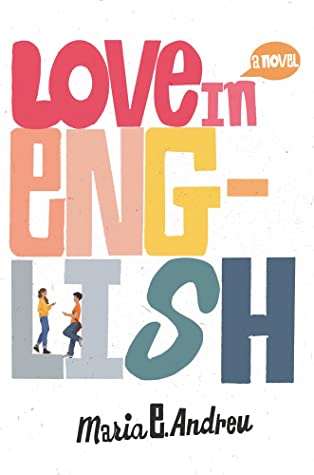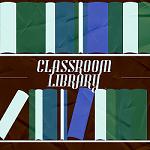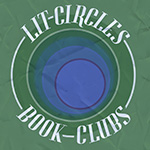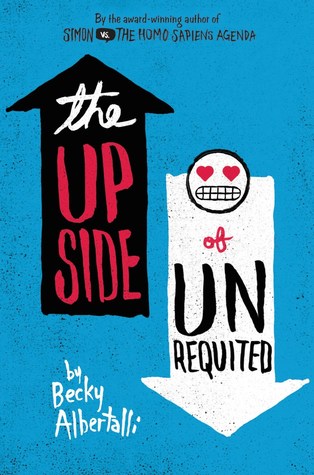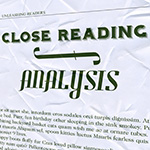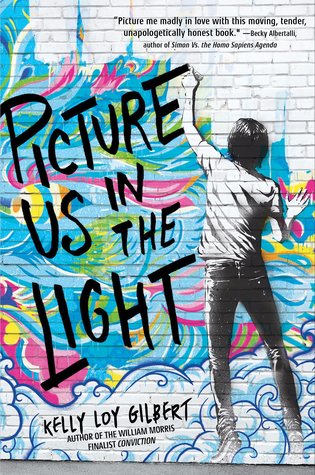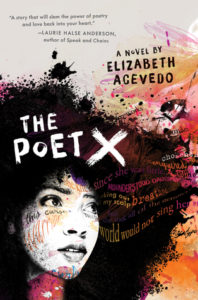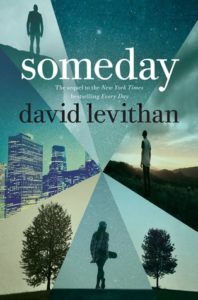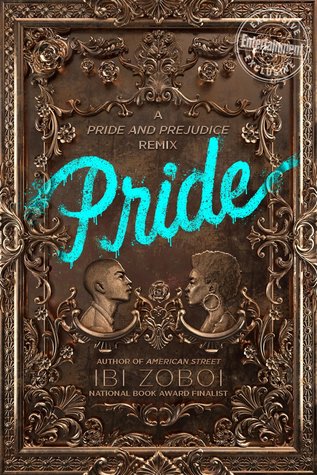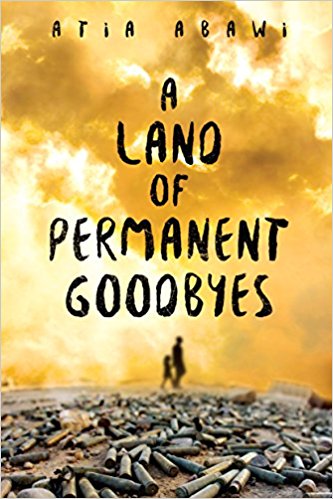Love in English
Author: Maria E. Andreu
Published: February 2, 2021 by Balzer + Bray
Summary: Sixteen-year-old Ana has just moved to New Jersey from Argentina for her Junior year of high school. She’s a poet and a lover of language—except that now, she can barely understand what’s going on around her, let alone find the words to express how she feels in the language she’s expected to speak.
All Ana wants to do is go home—until she meets Harrison, the very cute, very American boy in her math class. And then there’s her new friend Neo, the Greek boy she’s partnered up with in ESL class, who she bonds with over the 80s teen movies they are assigned to watch for class (but later keep watching together for fun), and Altagracia, her artistic and Instagram-fabulous friend, who thankfully is fluent in Spanish and able to help her settle into American high school.
But is it possible that she’s becoming too American—as her father accuses—and what does it mean when her feelings for Harrison and Neo start to change? Ana will spend her year learning that the rules of English may be confounding, but there are no rules when it comes to love.
With playful and poetic breakouts exploring the idiosyncrasies of the English language, Love in English tells a story that is simultaneously charming and romantic, while articulating a deeper story about what it means to become “American.”
Ricki’s Review: I read this book and immediately thought of the many people who would love reading it. It does a beautiful job offering a lived experience of a young girl who is finely attuned to language acquisition. I have been meeting regularly with two students who have shared similar experiences to those of Ana, and I plan to share this book with them. For many, this book will act as a mirror, window, and sliding glass door. I understand fully the criticism this book has received–Maria E. Andreu writes in the opening that she was born in Spain, and her grandparents moved from Spain to Argentina as toddlers. She grew up in the US, traveled to Argentina at age 6 and then was not allowed to return to the US. She was undocumented at age 8 in the US. She talks about her experiences with this and with White privilege in powerful ways in The Secret Side to Empty. My thoughts about this controversy are not as valuable as those of a person with Latinx descent. In the end, I do wish that the character more closely matched Maria E. Andreu’s story rather than that of a native Argentinian. I loved the book and appreciated all that it taught me about Maria E. Andreu’s experiences with language, and there simply aren’t enough books available that explicitly discuss the linguistic diversity within our schools. this book is one that I will remember for quite some time.
Kellee’s Review: One of the things I love most about my school is the amount of diversity and the acceptance and inclusion of all in the school; we do not care where you are from or what language you speak–you are welcome with open arms! While reading Love in English, I found myself being so upset with the students and some of the teachers in Ana’s school. Why was her ethnicity and language acquisition something that anyone would find funny or bully-worthy?! But then I remember that other places are not like my school…
I also found myself connecting with Mr. T the ELL teacher! When I first started working at my school, I was intimidated with teaching ELL students because I didn’t think I would be of any help with someone learning English when it was the only language I knew. But throughout my first few years there, I began to learn that teaching ELL students is one of my favorite honors of being a teacher. My 7th year teaching, I taught a class much like Mr. T’s class, and it is one of my favorite classes I’ve ever taught. Mr. T shows how an ELL class, done correctly, can truly become home at school.
Also, as a reading teacher & librarian at a school with a large Latinx population, primarily from South America, I found that it is so hard to find books that truly reflect my students’ experiences, but Love in English is a mirror for so many of them! It made me so happy while reading because I know that Ana’s experience is one that they will connect with.
Overall, this story looks at language acquisition in a way that I have not seen in another book and it does so during a wonderful story with some amazing poetry woven throughout. I also love that the language acquisition aspect is based on the author’s experiences.
Teachers’ Tools for Navigation: We would love to use this book to teach about language and translanguaging. We’d group texts that help us think about the power of discussions related to the nuances of language.
Ana, throughout the novel, focuses on aspects of English in her journal. Use Ana’s journals to guide activities on some of the more challenging and, some would say, nonsensical parts of English, like idioms, similar looking words that are pronounced differently, and more.
Ana’s journals are written in beautiful poetry! Use Ana’s poetry for a mentor text to have students write poetry about similar topics to Ana.
Many of Mr. T’s activities that he implemented in his classroom are amazing activities to work with students acquiring a new language. If you are in a language-focused classroom, they would be assets to your classroom.
Discussion Questions:
- How does language influence the ways in which Ana moves in the world?
- How do Ana’s relationships with family and friends impact her life?
- What is the significance of the title of the book?
- How might the author’s perspective have influenced her work?
- Why does Mr. T recommend Ana and Neo watch movies as part of their language acquisition?
- What is the impact of the author’s use of ### since Ana is the narrator?
- What is a part of the English language that you find confusing?
- How did the year that Ana and her dad were apart affect their current relationship?
- Why was Ana so drawn to a relationship with Harrison at first?
- How was Altagracia’s friendship lifechanging for Ana?
Flagged Passage:
“‘We don’t have to speak English,’ I tell her. I think–
We don’t have to do it this way.
We don’t have to make it so hard.
We don’t have to erase everything about us. At least not all at once.
—but I do not say it” (Advanced Reader Copy p. 35).
“Recipe for Disaster
How do you get an apple in your eye?
Just how easy is pie?
Who would eat crow or eat their heart out?
Or how could anyone eat enough hay to eat like a horse?
How can a potato sit on the couch?
In a world where so many thins are confusing, even food,
I dream of a day when it is a piece of cake.” (Digital Review Copy Loc 1125)
Read This Book If You Loved: The Secret Side to Empty by Maria E. Andreu, Return to Sender by Julia Alvarez, Ask Me No Questions by Marina Budhos, Girl in Translation by Jean Kwok, Illegal by Bettina Restrepo
Recommended For:
